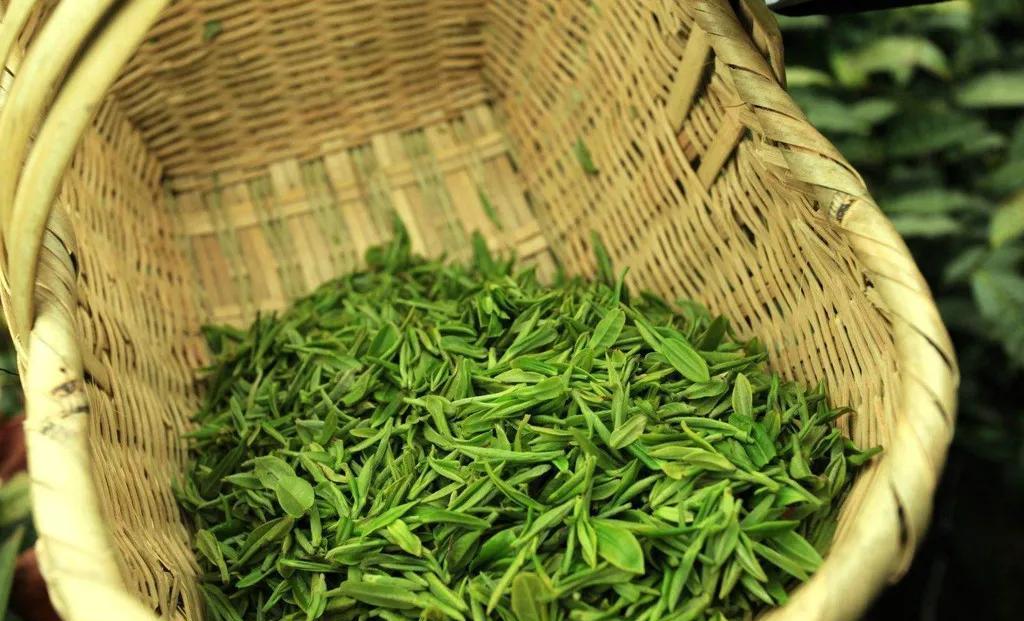Green tea (fermentation degree: 0) - not fermented
Features: clear soup green leaves
Dry tea: the color is turquoise, emerald green or yellow-green, long-term storage or oxidation in contact with the air, easy to turn grayish white.
Tea soup: greenish yellow
Raw materials: for young buds and young leaves, not suitable for long-term storage.
Representative tea: West Lake Longjing, Taiping Monkey Kui, Liu'an Gua Slice, Biluochun, Huangshan Maofeng, etc.
Process: Fresh leaves → → kneaded → dried

White tea (fermentation degree: 5% to 10%) - micro-fermentation
Feature: Green leaf clear soup (new tea)
Dry tea: white and hidden green, the appearance is covered with pekoe.
Tea soup: light, ivory white or slightly yellowish, with time precipitation color from light to dark.
Raw materials: strong buds or young shoots and leaf stalks
Representative tea: white silver needle, white peony, shoumei, gongmei and so on
Process: Fresh leaves → withered → dried
Yellow tea (fermentation degree: 10% to 20%) - light fermentation
Features: Yellow soup yellow leaves
Dry tea: Golden body and lustrous color
Tea soup: apricot yellow clear
Ingredients: Buds or bud leaves with fur
Representative tea: Junshan silver needle, Huoshan yellow bud, Mengding yellow bud, Pingyang yellow soup, etc
Process: Fresh leaves → green→ kneading→ braised yellow → drying
Green tea (fermentation degree: 15% to 70%) - semi-fermented
Features: green leaves with red edges
Dry tea: dark green or bluish brown
Tea soup: honey green or honey yellow
Raw materials: branches and leaves, medium open noodles
Representative tea: Phoenix single fir, Tieguanyin, frozen top oolong, Wuyi rock tea, etc
Process: Fresh leaves → withered→ made of green → and green → kneading (kneading) → drying
Black tea (fermentation: 70%-90%) - full fermentation
Features: Red soup red leaves
Dry tea: dark or brown
Tea soup: bright red orange
Raw materials: large, medium and small leaf species, divided into strip black tea and red crushed tea
Representative tea: Keemun black tea, Dian black tea, Zhengshan small species, Ning black tea, Yibin black tea, etc
Process: fresh leaves withered →→ kneaded→ fermented → dried
Black tea (fermentation: changes over time) – post-fermented tea
Features: Brown leaves in red soup
Dry tea: reddish-brown
Tea soup: orange yellow, brown, burgundy
Raw materials: mostly large-leaf tea
Representative tea: Hunan Qianliang tea, Anhua black tea, Pu'er ripe tea, Jingwei porcelain tea, Guangxi Liupao tea, etc
Process: Fresh leaves → greening→ the first kneading→ wo pile→ re-kneading → drying
#茶 #Tea Life #Tea Knowledge